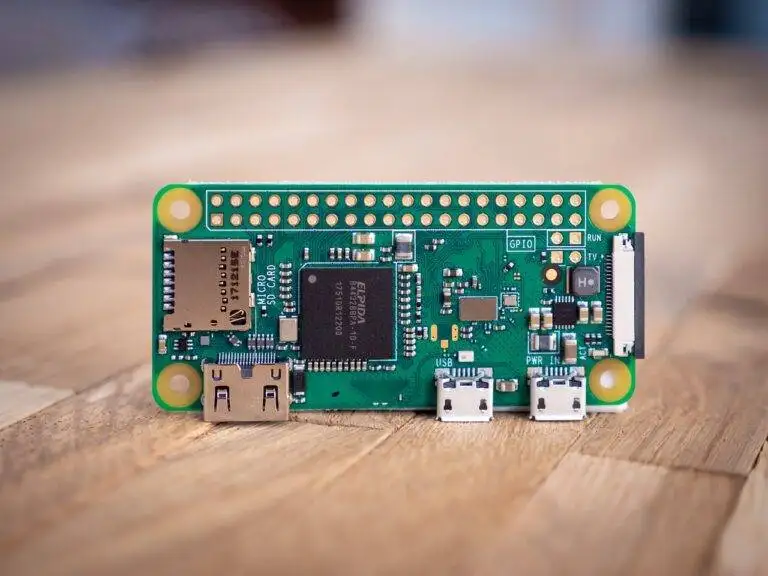The Rise of Biometric Security Gates: 11xplay sign up, India 24 bet login, Skyinplay.com login
11xplay sign up, india 24 bet login, skyinplay.com login: Biometric security gates have been on the rise in recent years, revolutionizing the way we secure our homes, workplaces, and public spaces. These advanced security systems use unique physical characteristics, such as fingerprints, facial recognition, and iris scans, to grant access to authorized individuals. With traditional security measures proving to be vulnerable to breaches and fraud, biometric security gates offer a more secure and reliable alternative.
The technology behind biometric security gates is constantly evolving, making them more accurate and efficient. These systems are becoming increasingly popular in various industries, from banking and healthcare to government and transportation. Let’s delve deeper into the rise of biometric security gates and explore how they are shaping the future of security.
Enhanced Security
One of the key benefits of biometric security gates is enhanced security. With traditional key-based or card-based systems, there is always the risk of unauthorized access through lost or stolen keys or cards. Biometric systems eliminate this risk by relying on unique biological traits that cannot be easily replicated or stolen.
By using biometric data, such as fingerprints or facial recognition, these security gates can ensure that only authorized individuals are granted access to a building or facility. This added layer of security helps prevent unauthorized entry and protects sensitive information and assets.
Convenience and Efficiency
In addition to enhanced security, biometric security gates offer convenience and efficiency. Gone are the days of fumbling for keys or swiping access cards. With biometric systems, all you need is your unique biometric data to gain access, making the process quick and hassle-free.
Moreover, biometric security gates can process a large number of individuals quickly and efficiently, making them ideal for high-traffic areas such as airports, office buildings, and hospitals. This speed and efficiency not only improve the overall flow of people but also reduce wait times and congestion.
Versatility
Biometric security gates come in various forms and can be customized to fit specific security needs. From simple fingerprint scanners to advanced facial recognition systems, there is a biometric solution for every environment. These gates can be integrated with existing security systems, such as access control and surveillance cameras, to create a comprehensive security network.
Furthermore, biometric security gates can be used in a wide range of settings, including residential buildings, corporate offices, government facilities, and public transportation hubs. This versatility makes them a versatile and adaptable security solution for any environment.
Cost-Effectiveness
While the initial cost of implementing biometric security gates may be higher than traditional security measures, the long-term cost-effectiveness of these systems cannot be ignored. Biometric systems eliminate the need for key cards, badges, and other access control devices, which can be lost or stolen, resulting in costly replacements.
Moreover, the enhanced security provided by biometric gates can help prevent security breaches and reduce the risk of theft and vandalism. This can lead to significant cost savings in the long run by avoiding potential losses and damages.
Privacy Concerns
Despite their many benefits, biometric security gates have raised concerns about privacy and data security. The collection and storage of biometric data raise questions about who has access to this information and how it is being used. There are also concerns about the potential misuse of biometric data by third parties or hackers.
To address these concerns, it is crucial for organizations implementing biometric security gates to have robust data security measures in place. This includes encrypting biometric data, restricting access to authorized personnel, and complying with data protection regulations.
The Future of Security
As technology continues to advance, biometric security gates are likely to become even more sophisticated and widespread. From voice recognition to palm vein scanning, the possibilities for biometric security are endless. These systems will continue to play a vital role in shaping the future of security, providing a safe and secure environment for individuals and organizations alike.
FAQs:
Q: Are biometric security gates difficult to set up?
A: Biometric security gates can be easy to set up, depending on the complexity of the system. Most modern systems come with user-friendly interfaces and detailed instructions for installation.
Q: Can biometric security gates be hacked?
A: While no security system is completely hack-proof, biometric security gates are considered to be more secure than traditional security measures. These systems use unique biological traits that are difficult to replicate, making them less susceptible to hacking.
Q: What happens if my biometric data is stolen?
A: In the event that your biometric data is stolen, it is important to report it immediately to the relevant authorities and take steps to update your security settings. Biometric data can often be encrypted or masked to protect against unauthorized access.







